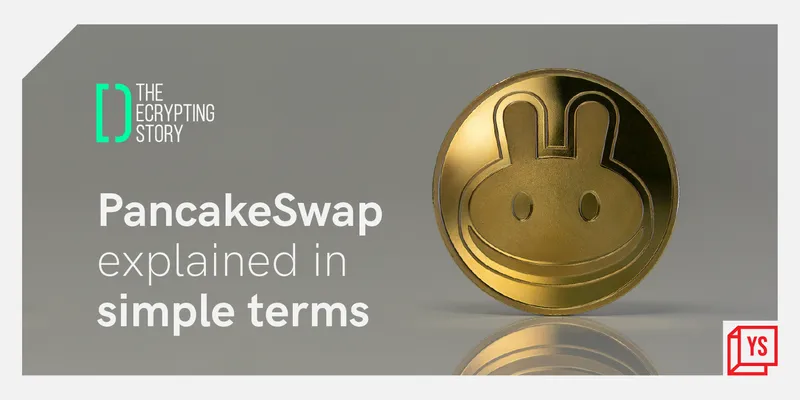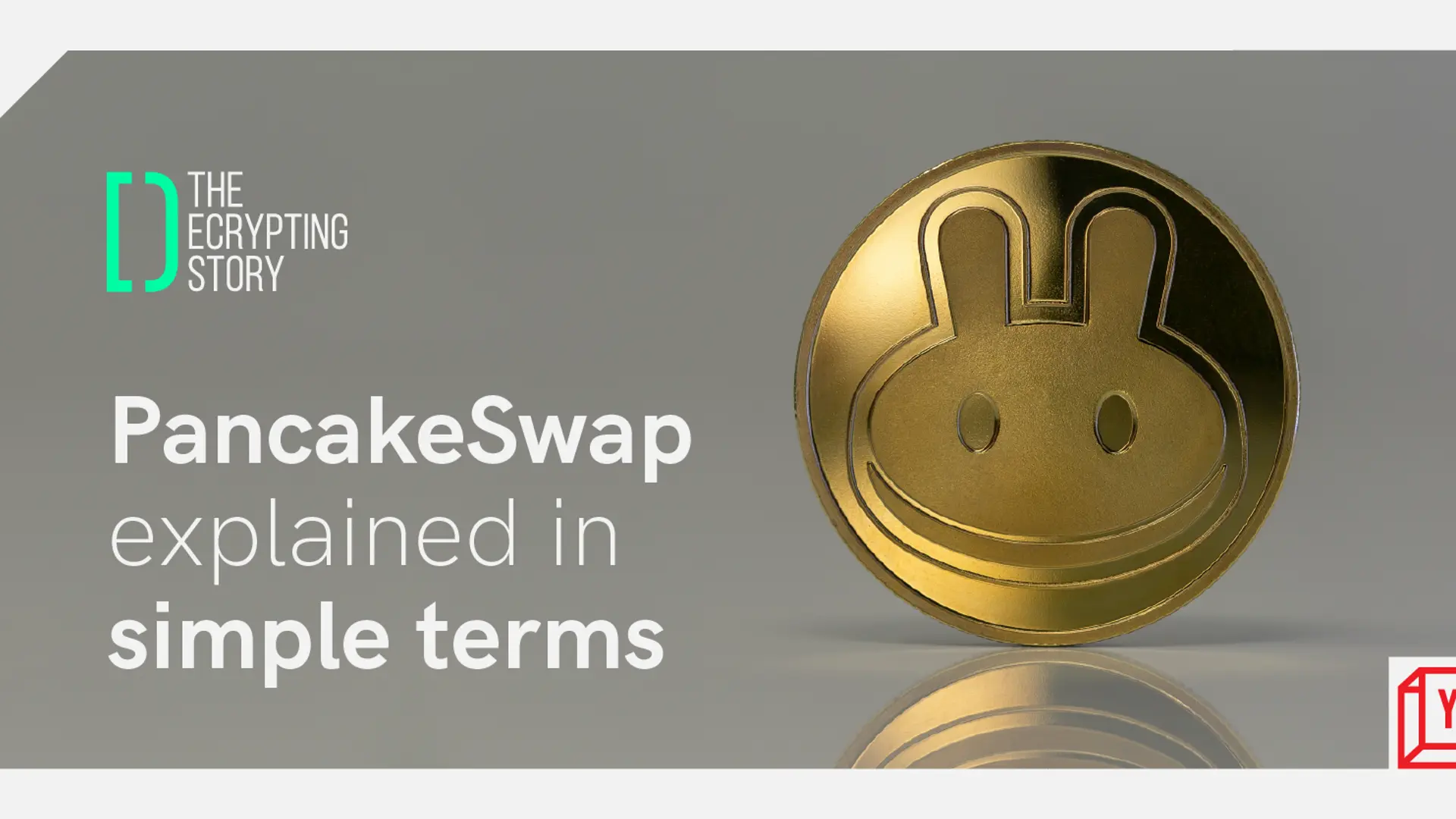What is PancakeSwap? CAKE, SYRUP Pools, BNB Chain explained in simple terms
Launched by a group of anonymous developers in 2020, PancakeSwap allows users to trade/swap crypto tokens and also provide liquidity, stake funds in return for BNB, and more.
On a decentralised crypto exchange (DEX), transactions are executed on blockchains such as Ethereum and BNB Chain (previously Binance Smart Chain). As blockchains are open source and public, DEX transactions are transparent.
While Dydx, SushiSwap, and Uniswap remain the most popular DEXs on Ethereum, PancakeSwap has emerged as the frontrunner on BNB Chain, regularly posting $500 million+ daily (24 hours) trading volumes.
Thanks to its massive liquidity, it has attracted a wide number of users who trade Binance Coin (BNB) and a wide range of BEP-20 tokens (a Binance token standard) on it. Despite being launched by a group of anonymous developers in 2020, PancakeSwap has been audited by prominent blockchain security firms such as Certik and Slowmist.
On the platform, users can not only trade/swap crypto tokens but also provide liquidity, stake funds in return for BNB, and more.

How PancakeSwap works
PancakeSwap uses an Automated Market Maker (AMM) design, which means it does not follow an order book system (a feature of centralised exchanges) where traders are matched with each other.
In an AMM model, users trade against a liquidity pool comprising funds pooled in by several other users. When a user deposits their supported crypto tokens into liquidity pools, they receive liquidity provider (LP) tokens in exchange, which represent their share of that particular liquidity pool.
These LP tokens can be used to reclaim their share as well as earn trading fees on transactions requested by others.
LP tokens are generated when users add tokens in specific pairs, such as BUSD-BNB, USDT-BUSD, CAKE-BNB, and more. CAKE is a BEP-20 token on the BNB chain that incentivises liquidity provision to PancakeSwap.
When a user adds BUSD and BNB crypto tokens into the BUSD-BNB pool, they receive BUSD-BNB LP tokens in exchange. When users lock up their deposited tokens, they get rewarded in CAKE.
Traders can earn even more rewards by staking their CAKE in SYRUP pools. Yum!
SYRUP pools are special staking processes, the biggest of which is for staking CAKE to earn even more CAKE. There are also other tokens users can earn through staking CAKE in SYRUP pools.

How to use PancakeSwap
To use PancakeSwap, users need to first own some crypto tokens (which can be bought from centralised exchanges by paying for them in fiat currency), and then withdraw them to their crypto wallets, such as Trust Wallet, MetaMask, etc.
Then, they can visit the PancakeSwap website (through a browser extension like MetaMask, inbuilt browser in Trust Wallet, and so on), and then connect their wallet by clicking Unlock Wallet.
The architecture of the BNB Chain allows an Ethereum-based wallet like MetaMask to interact with apps on its chain, such as PancakeSwap.
After the wallet is connected, users can start accessing PancakeSwap’s extensive set of features, such as adding liquidity and staking.
Since its launch, PancakeSwap has seen a number of upgrades and feature additions. The current version is referred to as PancakeSwap (V2), and simplifies the process for adding more features to the DEX.
PancakeSwap has also seen other changes such as an increase in trading fees (0.2-0.25 percent), which contributed to the team buying CAKE tokens from the public market and burning them (burning crypto tokens is a common mechanism for boosting their deflationary status).
Although Ethereum began the Decentralised Finance (DeFi) revolution, PancakeSwap remains the biggest DEX and AMM on BNB Chain, and continues to attract more users every day.
Edited by Saheli Sen Gupta





![[Funding alert] Struct Finance raises $3.9M in seed round](https://images.yourstory.com/cs/121/19c095909df611ec900713db340225f3/Imageads2-1647491543251.jpg?mode=crop&crop=faces&ar=16%3A9&format=auto&w=1920&q=75)



